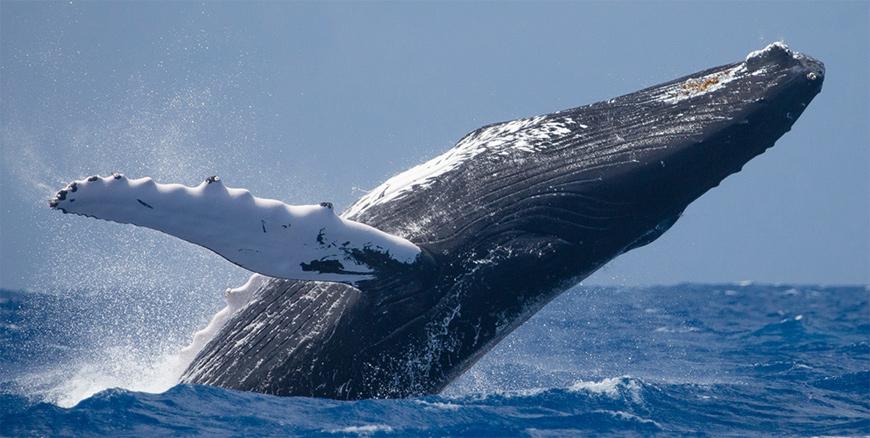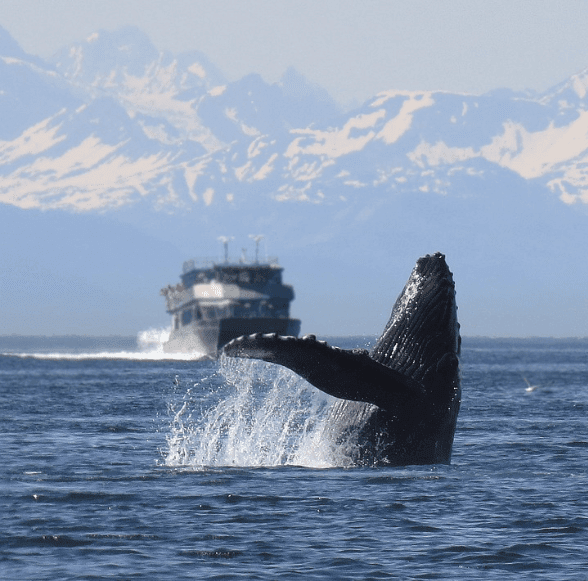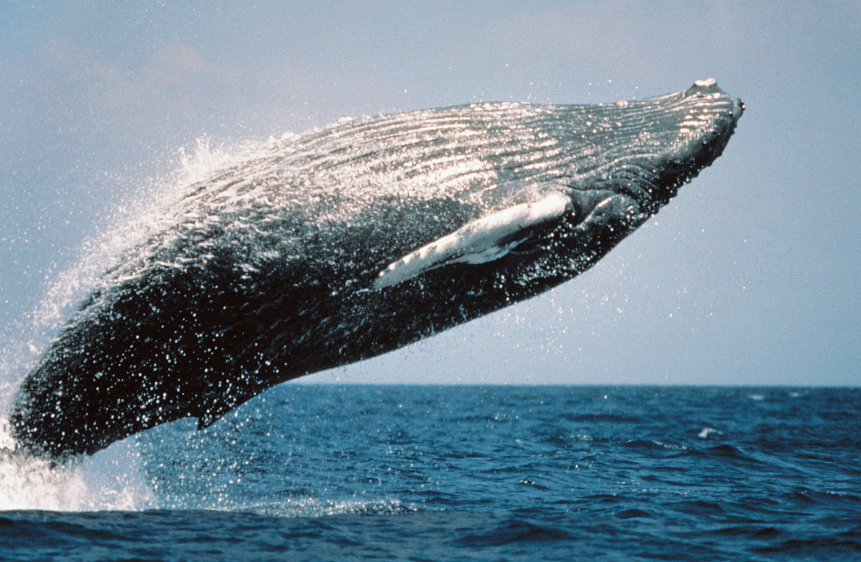
Whales stop singing when ships pass by
Male humpback whales sing much less or stop altogether when the sound of ships appears nearby. Scientists from Japan came to this result.
Human activity in the ocean causes an increase in low frequency noise. Whales just use low frequencies to communicate with each other, so ships in the ocean greatly affect their singing behavior. Scientists studied whales off the coast of Japan and their reaction to passing passenger ships. Sound recording devices were installed underwater, and the location of the animals was tracked. The study took place over several months – from February to May 2017.


Photo: Google.comWithin a radius of 500 meters from the frequently used ship route, the least number of whale songs were observed. And after the ship passed by, a decrease or cessation of singing was noticed at a distance of up to 1200 meters from it. Most of the whales remained silent for about half an hour after the passage of the ship. However, the scientists did not see any other reactions – the whales did not change the frequency of the singing itself.




Photo: Google.comSince only male whales can sing, the study does not say anything about the reaction to the ships of females or whales. During the day, scientists managed to hear several whales, no more than three. Over the entire period of the study, 26 singing whales were identified. Despite everything, the results of a scientific study suggest that the noise of ships does have a short-term effect on the singing of whales. In the future, the study of this phenomenon will be continued, in particular, to elucidate the effect of longer low-frequency noises.The authors of the work add: “Humpback whales, for the most part, temporarily stopped singing, but did not change the characteristics of the sound themselves under the influence of noise from the ship. This may indicate energy conservation and adaptation to a fast-moving noise source.”You might also be interested in: Exotic animals for photo shoots: what is their fate?«







